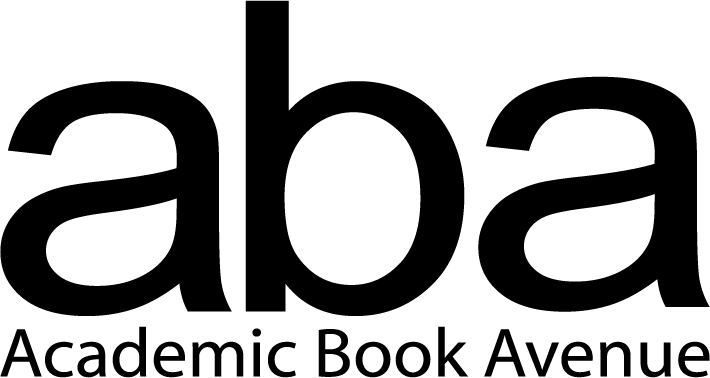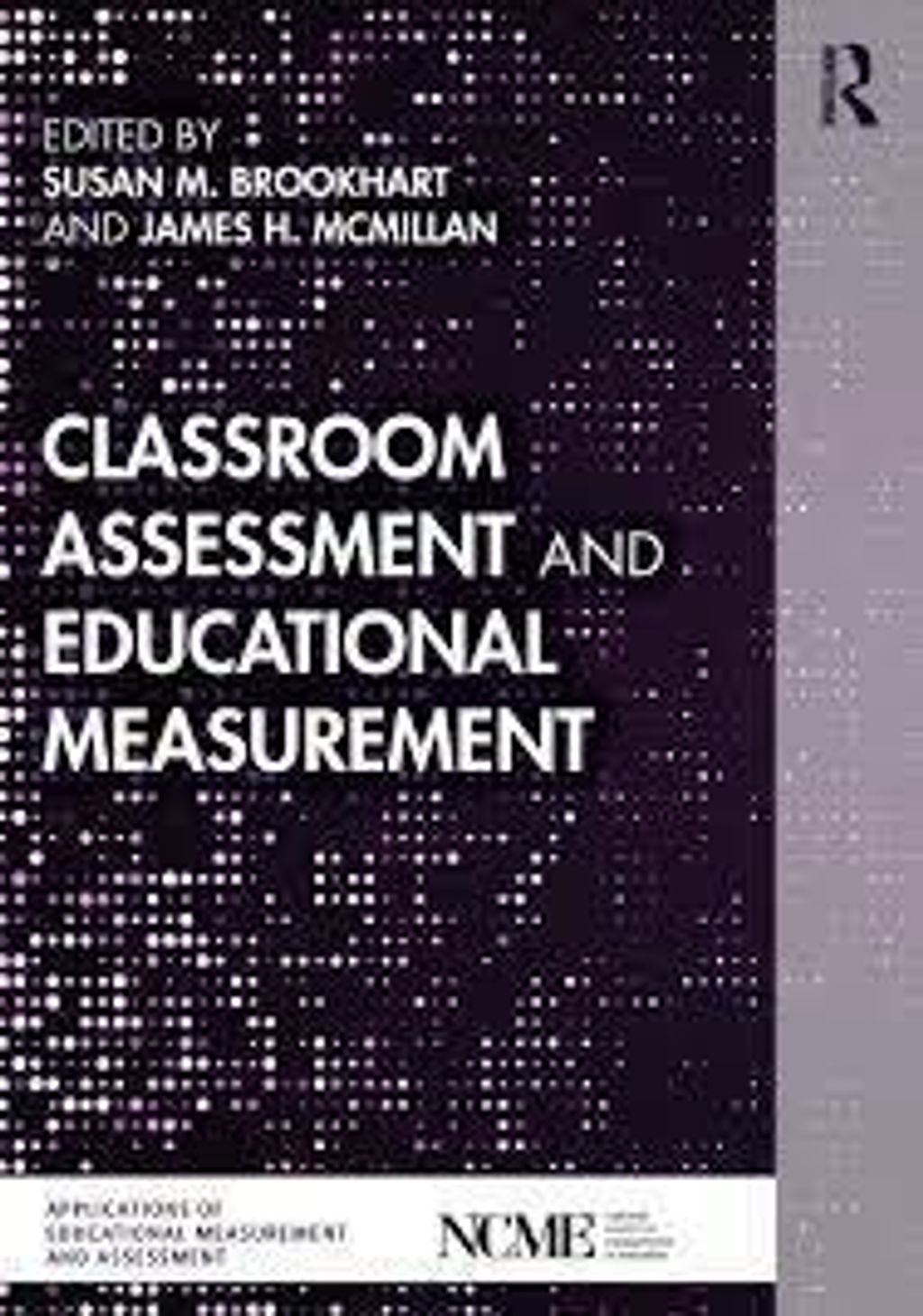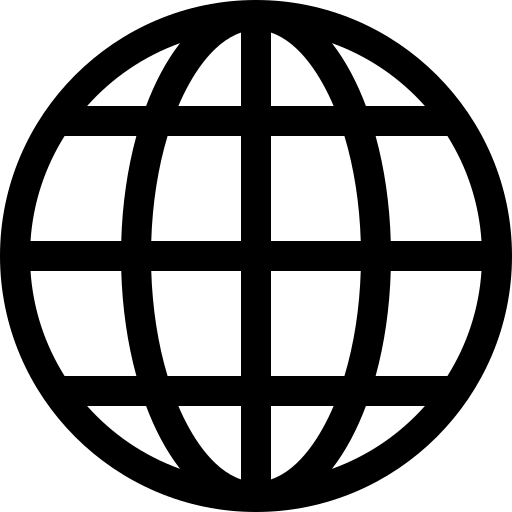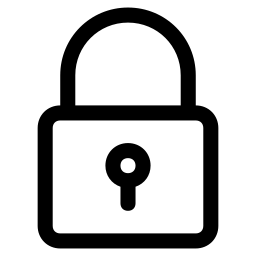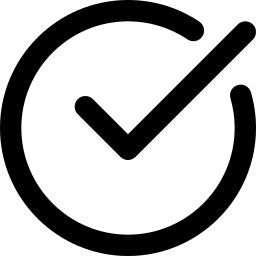Classroom Assessment and Educational Measurement
- Regular price
- RM 300.00
- Sale price
- RM 300.00
- Regular price
-
RM 300.00
Share
Classroom Assessment and Educational Measurement explores the ways in which the theory and practice of both educational measurement and the assessment of student learning in classroom settings mutually inform one another. Chapters by assessment and measurement experts consider the nature of classroom assessment information, from student achievement to affective and socio-emotional attributes; how teachers interpret and work with assessment results; and emerging issues in assessment such as digital technologies and diversity/inclusion.
This book uniquely considers the limitations of applying large-scale educational measurement theory to classroom assessment and the adaptations necessary to make this transfer useful. Researchers, graduate students, industry professionals, and policymakers will come away with an essential understanding of how the classroom assessment context is essential to broadening contemporary educational measurement perspectives.
Contributor Biographies. Introduction, Susan M. Brookhart and James H. McMillan I. Classroom Assessment Information 1. Perspectives on the Validity of Classroom Assessments, Michael T. Kane and Saskia Wools 2. Cognitive Diagnosis is Not Enough: The Challenge of Measuring Learning with Classroom Assessments, Jacqueline P. Leighton 3. Language in Practice: A Mediator of Valid Interpretations of Information Generated by Classroom Assessments among Linguistically and Culturally Diverse Students, Alison L. Bailey and Richard Durán 4. Feedback and Measurement, Susan M. Brookhart 5. Discussion of Part I: Assessment Information in Context, James H. McMillan II. The Use of Classroom Assessment Information to Enhance Learning 6. Guidance in the Standards for Classroom Assessment: Useful or Irrelevant? Steve Ferrara, K. Maxey-Moore, and Susan M. Brookhart 7. Defining Trustworthiness for Teachers’ Multiple Uses of Classroom Assessment Results, Alicia C. Alonzo 8. Learning Progressions and Embedded Assessment, Derek C. Briggs and Erin M. Furtak 9. The Role of Technology-Enhanced Self and Peer Assessment in Formative Assessment, E. Caroline Wylie and Christine J. Lyon 10. Discussion of Part II: Should "Measurement" Have a Role in Teacher Learning about Classroom Assessment? Lorrie A. Shepard III. Emerging Issues in Classroom Assessment 11. Towards Measures of Different and Useful Aspects of Schooling: Why Schools Need Both Teacher Assigned Grades and Standardized Assessments, Alex J. Bowers 12. Digital Technologies: Supporting and Advancing Assessment Practices in the Classroom, Michael Russell 13. Fairness in Classroom Assessment, Joan Herman and Linda Cook 14. Discussion of Part III: Emerging Issues in Classroom Assessment, Mark R. Wilson

